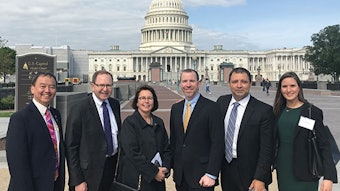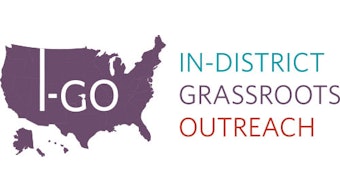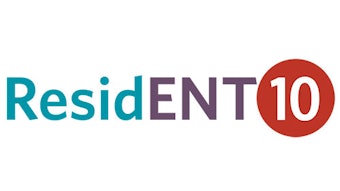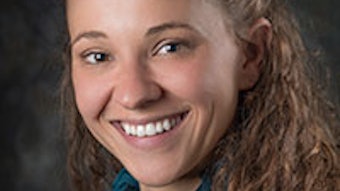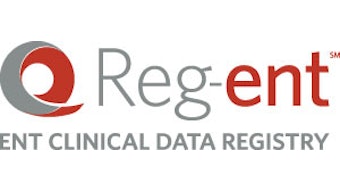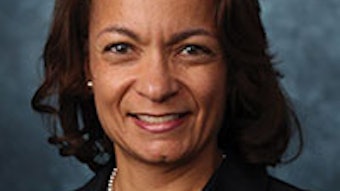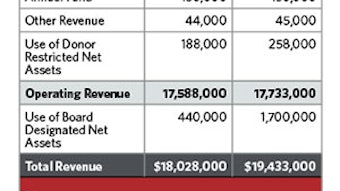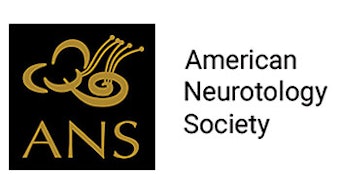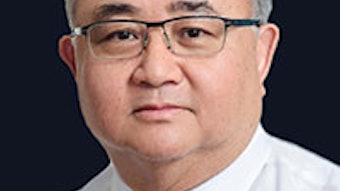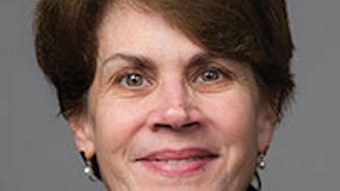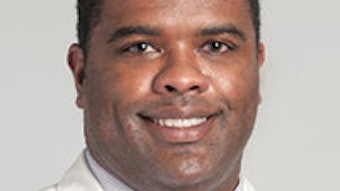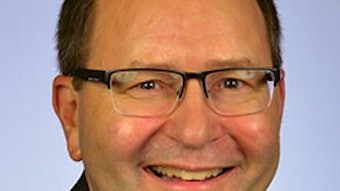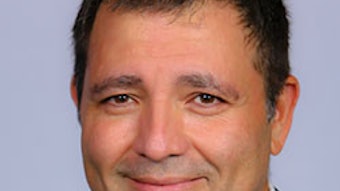Tackling private payer denials
The Academy diligently advocates for full and appropriate reimbursement for procedures performed by otolaryngologist-head and neck surgeons and the patients they treat. Since last June’s annual Advocacy issue of the Bulletin, the Health Policy Advocacy Team tackled detrimental national policies and local payer denials and gaps in coverage.
The Academy diligently advocates for full and appropriate reimbursement for procedures performed by otolaryngologist-head and neck surgeons and the patients they treat. Since last June’s annual Advocacy issue of the Bulletin, the Health Policy Advocacy Team tackled detrimental national policies and local payer denials and gaps in coverage. Following are some examples of payers that the Academy has been working with to improve coverage for services commonly performed by our members.
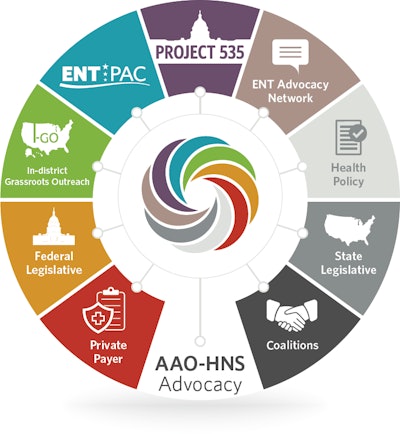
- United Healthcare
- BCBS of Alabama
- Blue Cross Blue Shield Association
- BCBS of Arizona
- Cigna
- Capital Blue
- Anthem
- BCBS of Rhode Island
- Emblem Health
- BCBS of Vermont
- Moda Health
- BCBS of Wyoming
- AmeriHealth
- Blue Shield of California
- BCBS Federal
- Independence
The following coverage topics were addressed with these payers:
- Balloon Sinus Ostial Dilation
- Modifier 62 (in conjunction with CPT code 62165)
- Post-Op Sinus Endoscopy and/or Debridement Procedures
- Post-Op Nasal Debridement After Endoscopic Sinus Surgery
- Sinus Implantable Devices
- Modifier 25 (with E/M services)
In addressing these and other policies, the Academy relies on multiple avenues to identify coverage topics for prioritization. Aside from reaching out directly to the Health Policy Advocacy Team and sharing copies of policies via email or phone, members are encouraged to notify staff via the online inquiry tool: https://www.entnet.org/content/practice-management-tool. The AAO-HNS Health Policy Advocacy Team also reviews payers’ monthly newsletters announcing changes in coverage and monitors numerous online resources. In addition, staff collaborates with the Academy’s physician leaders, as well as other medical societies to recognize detrimental policies.
Once a medical policy has been flagged, it undergoes a thorough review by members of the Health Policy Advocacy Team, the Academy’s Health Policy Coordinator, R. Peter Manes, MD, and James C. Denneny III, MD, AAO-HNS EVP/CEO. The next step is to determine the best medical literature, published resources, and clinical explanations to combat the policy. The Academy may engage physician member experts and/or AAO-HNS committees for additional clinical input or consideration of the evidence cited in each comment letter. Advocating for the specialty and submitting communications to payers is a collaborative effort.
The Health Policy Advocacy Team will continue communicating coverage wins and announcements as notifications are received by the Academy. To read more about these and other advocacy efforts, visit http://www.entnet.org/content/private-payer-advocacy. If you have questions regarding national or local private payer challenges, contact pmtadvocacy@entnet.org.
